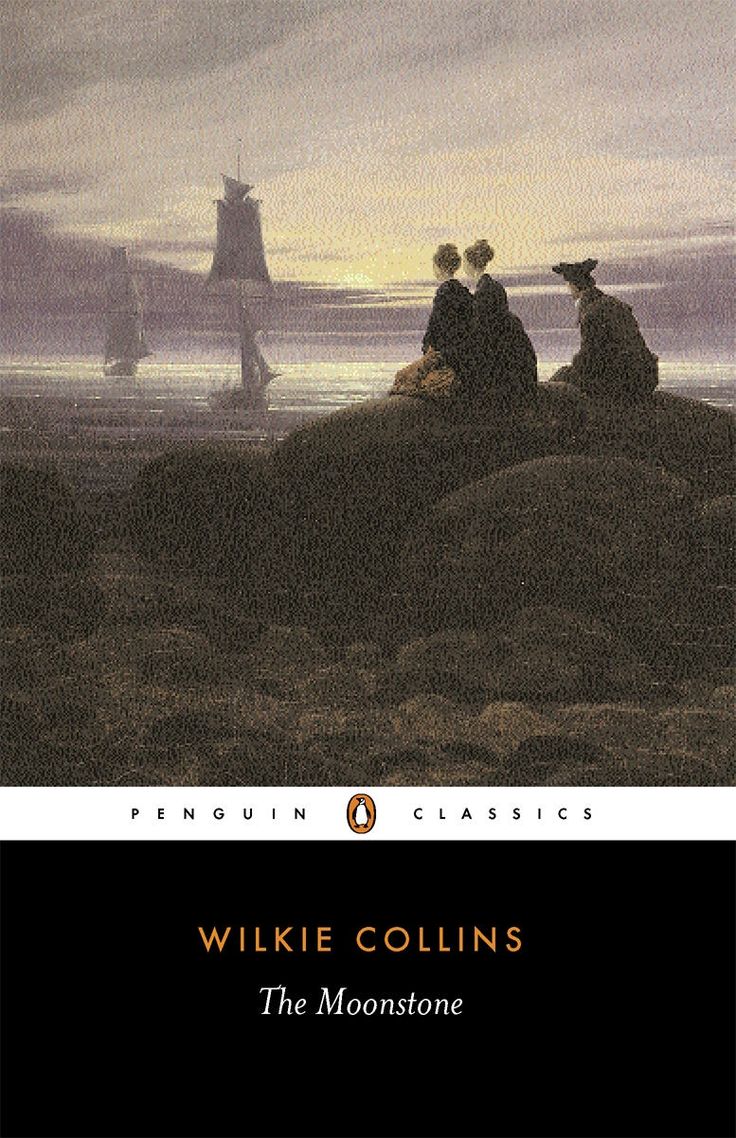
I just finished listening to Bill Bryson narrating his book In a Sunburned Country. This tale of traveling around Australia made me want to return to see the Devil’s Marbles, Ayer’s Rock, Shark Bay, Bondi Bay and even the Telegraph Station museum in Alice Springs, a town Lonely Planet proclaims, “won’t win any beauty contests.” Bryson includes lots of background information on nature and history and its all flavored with his dry wit.
Even when things go wrong and he and his old friend arrive late, have to pay too much or can’t get a hotel room, the story entertains. I learned so much about the origins of the aborigines, how many extraordinarily poisonous creatures populate Australia and how incredibly diverse the flora and fauna are — and I knew there was a lot of natural diversity. I hadn’t known that a 19th century explorer discovered the only species that gave birth through its mouth and then soon ate the only two specimens or that there are so many animals, insects and plants that haven’t been discovered in Australian and that many are few in number and have or will go extinct before they’re discovered and catalogued. I was amazed to learn the theory that because of the extreme climates and conditions in Australian, it’s hard for plants to survive. The earth in a particular place may contain and extraordinary amount of nickel or copper and thus a plant that can thrive in such a spot has taken root there. Then the unique plant life was most fitting for exotic animals to thrive.
I learned what stromatolites are and how they seem dull and inconsequential but were instrumental in increasing the oxygen on earth and hence should not be scoffed at.
The human history and anthropology was as fascinating as the natural history. It’s believed that humans have lived in Australia as far back as 65,000 years ago with some experts putting the date back 100,000 years. The history has its share of tragedy and exploitation, but there’s also plenty of courage and exploration. I learned that the first European explorers to go to Australia were the Dutch and that Napoleon had sent an explorer to claim Australia for the French but he arrived just a couple weeks after the British.
In a Sunburned Country was a joy to listen to (or read) and I didn’t want it to end. While Bryson wanted to stay on to see the mountains of Bungle Bungle, obligations back home made him put off that desire. All detours seem to be long in Australia and alas, Bryson couldn’t make time for the bee hive-like mountains of Bungle Bungle.

Bungle Bungle
Some favorite quotes:
“Australians are very unfair in this way. They spend half of any conversation insisting that the country’s dangers are vastly overrated and that there’s nothing to worry about, and the other half telling you how six months ago their Uncle Bob was driving to Mudgee when a tiger snake slid out from under the dashboard and bit him on the groin, but that it’s okay now because he’s off the life support machine and they’ve discovered he can communicate with eye blinks.”
“It is not true that the English invented cricket as a way of making all other human endeavors look interesting and lively; that was merely an unintended side effect. …It is the only sport that incorporates meal breaks. It is the only sport that shares its name with an insect. It is the only sport in which spectators burn as many calories as the players-more if they are moderately restless.”
“In the morning a new man was behind the front desk. “And how did you enjoy your stay, Sir?” he asked smoothly.
“It was singularly execrable,” I replied.
“Oh, excellent,” he purred, taking my card.
“In fact, I would go so far as to say that the principal value of a stay in this establishment is that it is bound to make all subsequent service-related experiences seem, in comparison, refreshing.”
He made a deeply appreciative expression as if to say, “Praise indeed,” and presnted my bill for signature. “Well, we hope you’ll come again.”
“I would sooner have bowel surgery in the woods with a a stick.”
His expression wavered, then held there for a long moment. “Excellent,” he said again, but without a great show of conviction.
“Australia is mostly empty and a long way away. Its population is small and its role in the world consequently peripheral. It doesn’t have coups, recklessly overfish, arm disagreeable despots, grow coca in provocative quantities, or throw its weight around in a brash and unseemly manner. It is stable and peaceful and good. It doesn’t need watching, and so we don’t. But I will tell you this: the loss is entirely ours.”







 I’d heard of
I’d heard of 







You must be logged in to post a comment.